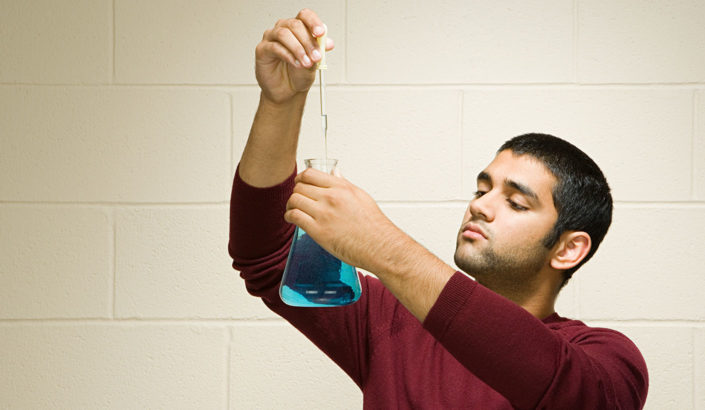What Is It?
What am I meant to do? What gives my life meaning? How do I want to contribute to the world? These are all questions that get to the heart of purpose. Researchers define purpose in life as a stable sense of commitment to accomplish something that not only is meaningful to you personally, but that also makes a difference in the world beyond yourself.
Take a second to think about why you went into the field of education. You likely have a strong sense of purpose, part of which probably involves helping your students succeed. But have you ever wondered whether each of your students has their own feeling of purpose?
According to research, only about 20% of adolescents have a clear sense of purpose—but those who do tend to be better off in many ways, including higher life satisfaction and levels of happiness.
As an educator, you are in a powerful position to encourage your students’ development of purpose. You maybe notice inclinations and talents that are out of the awareness of students’ parents and even the students themselves. Without intervention, students’ interests may go unrecognized and wither away. Indeed, research has shown that the support of teachers, mentors, and other adults outside the family is often crucial to young people’s development of purpose, particularly in the early stages.
A high school student gets super-excited when learning about blood flow while dissecting frogs. His teacher notices his enthusiasm and tells him that he could pursue his passion, eventually working as a hematologist and helping people who suffer from diseases of the blood.
Why Is It Important?
Studies show that people—especially young people—with a strong sense of purpose are happier, healthier, more motivated, and more resilient. As purpose scholar Kendall Bronk writes, “We can conclude that individuals who lack purpose and meaning in life are likely to show detrimental effects in a wide range of aspects of psychological functioning, and that individuals with a sense of purpose and meaning in life are poised to thrive.”
Purpose increases well-being.
- People with higher levels of purpose tend to be happier and feel more satisfied with their lives. They have stronger identities and higher levels of self-esteem, and feel more hopeful, optimistic, and confident in their abilities. What’s more, they are more likely to be engaged in their communities in positive, helpful ways.
Purposelessness impairs well-being.
- On the other hand, people who lack a sense of purpose or meaning in their lives report more boredom, anger, and other negative emotions; they are more likely to experience depression, anxiety, social problems, and even suicidality.
Purposeful people are stronger and longer-lived.
- More purposeful people are more resilient and better able to cope with life’s challenges. Purpose has even been related to better physical health and longevity.
Students with purpose do better at school.
- Students with more purposeful goals find their schoolwork more meaningful, probably because they can see how it relates to their future aspirations, and tend to have higher academic achievement. A feeling of purpose in life even seems to protect students from potentially negative influences in their environments.
Purpose is a journey, not just a destination.
- Interestingly, for teens and young adults, just the process of searching for purpose—even if they haven’t found it yet—is associated with greater life satisfaction.
Not sure where to start? Try a practice collection.
Practice Collections
Practices

Notes to Self: An SEL Kernels Practice for Kindergarten

Questions of Wonder

Meaningful Photos for Students

Making Science Meaningful

Purpose Compass

Discovering Your Strengths and Talents

Man’s Search for Meaning

Magic Wand

Exploring Your Personal Values

Best Possible Self

Create a Purpose Tattoo

Purpose Quotes Reflection

Setting Long-Term Goals
- 1
- 2

Are you ready to build a kinder, happier school where everyone belongs? Join Greater Good Educators! Explore the science of well-being in a supportive community of educators from around the world. Registration is now open for the 2025-2026 school year!



